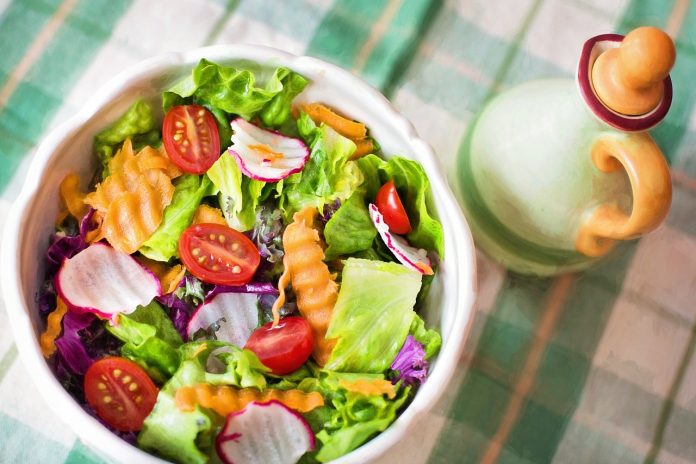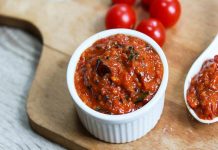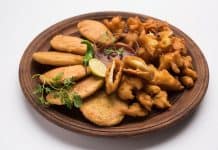The digestive system is one of the most sophisticated mechanisms we have. It is like a gateway between outside world and internal environment of the body. It not only breaks down, digests, and assimilates our food but also protects, and guards us against bacteria, parasites, viruses and foreign invaders. The gut health is the foundation of optimal health. When the digestive system is out of balance, it wreaks havoc on other organs and systems, causing numerous health conditions that could significantly affect the quality of our lives.
For the digestive system to perform its job optimally, we need to take care and nourish our digestive organs with fresh foods and lifestyle choices. Digestion is a north to south process. It begins in the brain and ends in the large intestine. There are multiple accessory organs and tasks involved in this process. Every stage of the digestive process sets the ground for the next one, and if one of these stages fail to perform its job, it affects the rest of the digestive function.
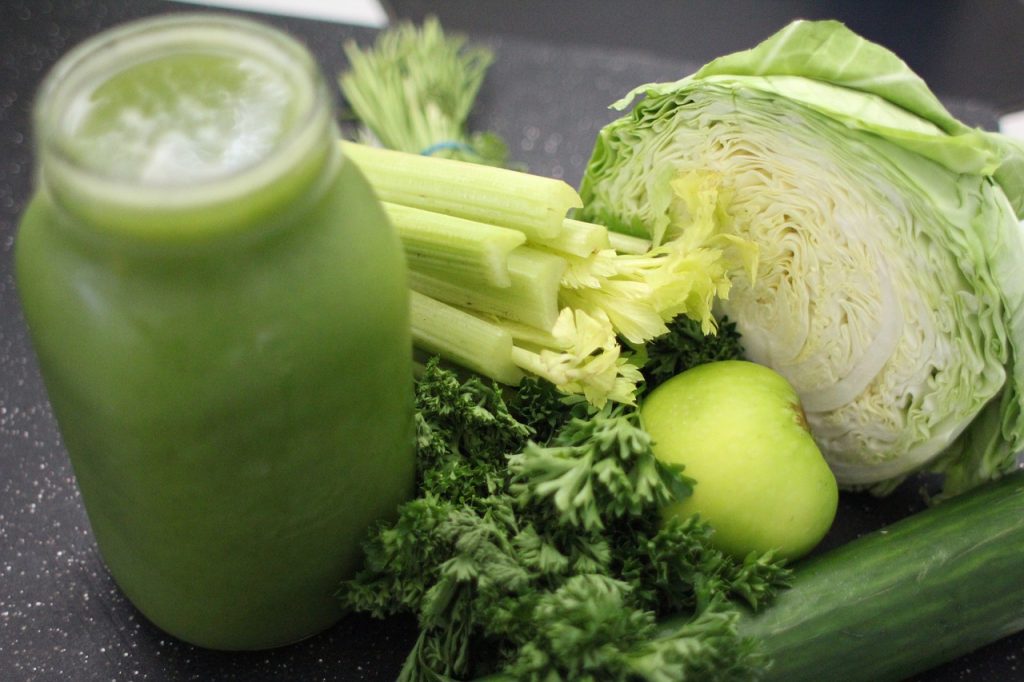
Let’s review the organization of our GI system and see how we can nourish it through whole foods and better habits.
Brain. The moment we look and smell the potential bite our brain sends signals to the digestive system to mobilize its digestive juices. For the body to prepare for upcoming nourishment, our mind must be in a relaxed mood. In other words, our body might not be able to break down, digest and assimilate food properly when we are stressed. The prayer before meals, deep breathing, feeling of gratitude or a peaceful conversation with family and friends switches our autonomic nervous system into a parasympathetic mood, which is the rest and digest state. This first stage of food digestion is a significant piece of a digestive puzzle.
Mouth. When the food enters the mouth, it must be chewed and churned by our teeth. In this process, the salivary glands release enzymes which start the chemical digestion. Our stomach has no teeth, and for the entire digestive system to continue the proper breakdown and assimilation of the food it must be chewed and partially broken down in our mouth. When eating, slow down, take your time, chew your food, feel the flavors, look around, enjoy the experience!
Stomach. Now that the bolus (chewed food) enters the stomach, gastric juices start to continue the breakdown of proteins and isolation of different vitamins and minerals from the substances. The HCL acid in the stomach is supposed to be very acid but, unfortunately, most of the population has inadequate HCL acid production. For this reason, undigested food could enter the next stage of digestion and wreak havoc on the small intestine. If you experience heaviness after eating meals, undigested food in your stools, heartburn, bloating, belching and gas within one hour of eating, stomach pains and cramps your stomach could use some support. To heal and repair stomach lining, I suggest consuming 8 oz of organic celery juice the first thing in the morning. The celery juice contains B1, B2, B6, C, vitamins, numerous minerals and enzymes that help to heal and restore the stomach lining and proper levels of HCL.
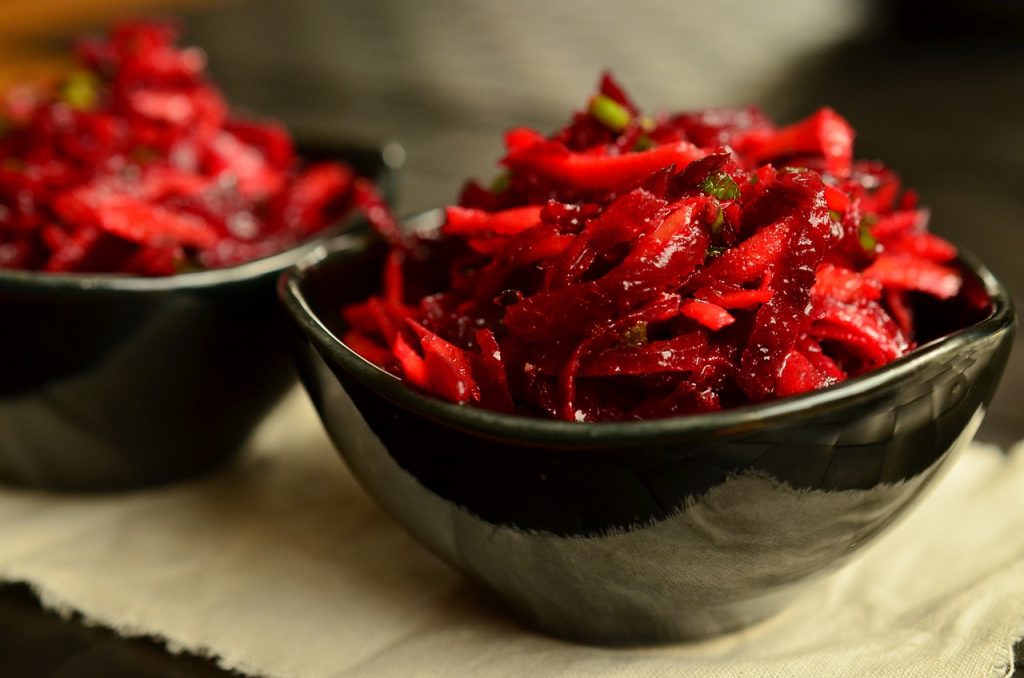
Gallbladder. After the chyme (partially-digested food) hits the small intestine, particularly fats, gallbladder releases bile to emulsify fats. The fats are used by the body for various reasons and are essential for optimal health. Bile also is the fluid the liver excretes toxins into for removal. But if the gallbladder is sluggish, it might prevent the bile to flow freely. This could contribute to further digestive dysfunction and also could be a cause of constipation. To support biliary function, I suggest eating raw beets. Beets contain betaine and are rich in calcium, iron, magnesium, vitamin C, potassium, manganese, phosphorous, fiber, carotene and B complex. Betaine is a substance that helps to protect the liver and stimulate the bile flow. Make beet salad or juice; you can steam beets lightly or add to your favorite dishes.
Small intestine. This is the place where 90% of the digestion and absorption of food occurs. Besides bile, there are numerous enzymes and hormones work together to digest and assimilate nutrients. The lining of the small intestine must be intact, otherwise undigested proteins, fats and other materials could slip away, enter the circulation causing lots of trouble. The small intestine is also a home of trillions of good bacteria. These tiny organisms help us with digestion. To keep our gut flora healthy, I suggest consuming a variety cruciferous vegetables (broccoli, kale, cabbage, and cauliflower).Cruciferous vegetables contain sulfur-containing glucosinolates, which are broken down by microbes to release substances that reduce inflammation and reduce the risk of bladder, breast, colon, liver, lung, and stomach cancer. You can prepare fresh green salads, soups, and smoothies. Also, our gut flora will significantly benefit from fermented vegetables: kimchi, sauerkraut, pickles.
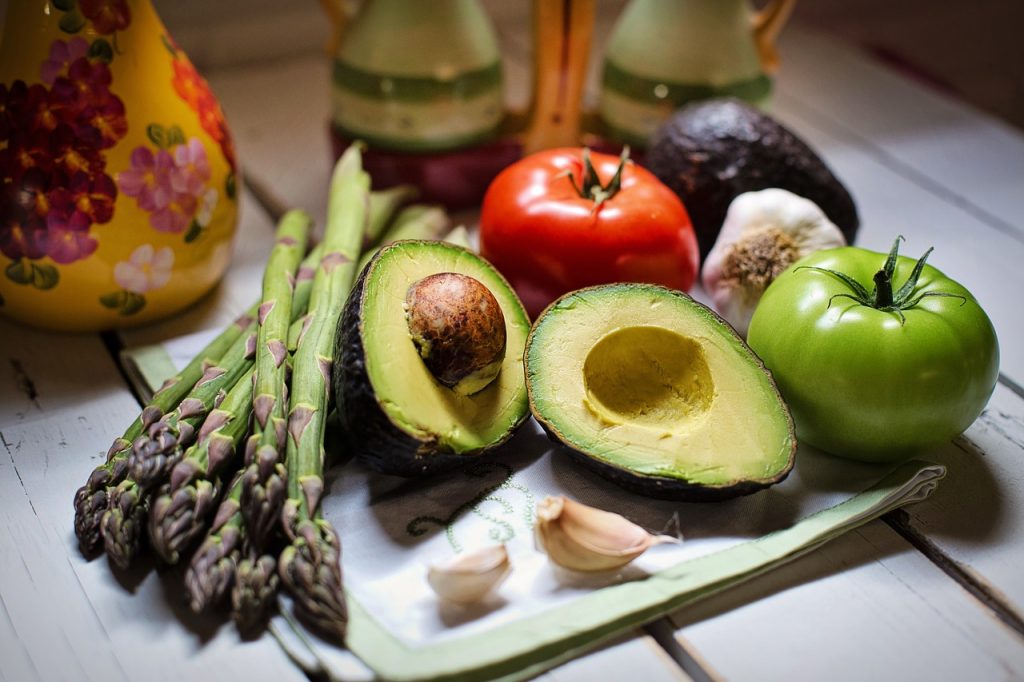
Large intestine: The final uptake of nutrients and water happens in the large intestine. This place is all about absorption and recycling. Lots of people develop dysbiosis because of the dysfunction in earlier stages of digestion. Constipation, diarrhea, abdominal cramping, blood and mucus in stools, fungus/yeast infections could be the signs of the colon dysfunction. The primary food for colon cells is butyrate. The fatty acid that nourishes the cells and provides them the energy to function. The large intestine is poorly vascularized and has no blood circulation. Butyrate is used as energy source to move and transport the unwanted materials through the colon. The foods that contain Butyrate are butter, ghee, avocados, onions, apples, flax seeds, fermented foods. Try to incorporate these foods daily in your diet.
Health is our body’s best state. Everything in our body is designed to keep us in good shape but our daily choices determine whether we will align ourselves with the state of health or state of disease. Make the choices that empower you at every level of your being.
Sophia Gigitashvili is a Certified Nutrition and Detoxification Specialist in New York City. She resides in Brooklyn, New York, where she facilitates health and wellness workshops and retreats, supports corporate and children’s health education and helps individuals reach their health goals. She holds certificates in Ayurvedic and Chinese medicine, nutrition, health coaching, cellular detoxification & regeneration (Dr Robert Morse’s method), and clinical iridology.
Image courtesy: Pixabay


